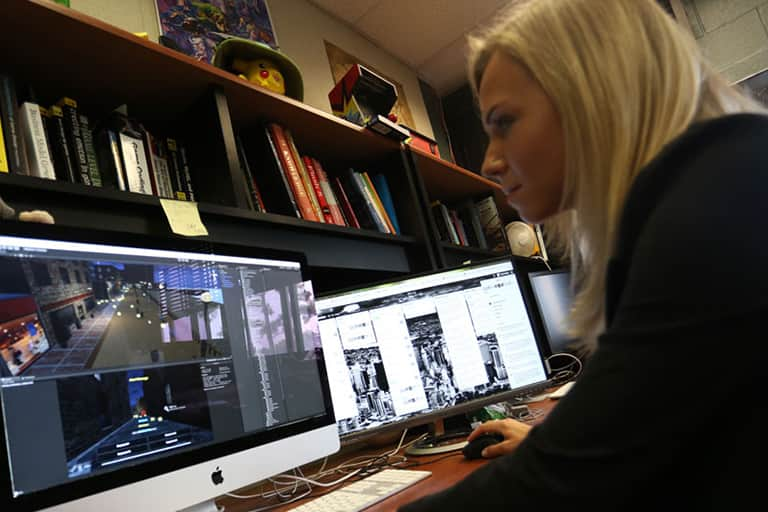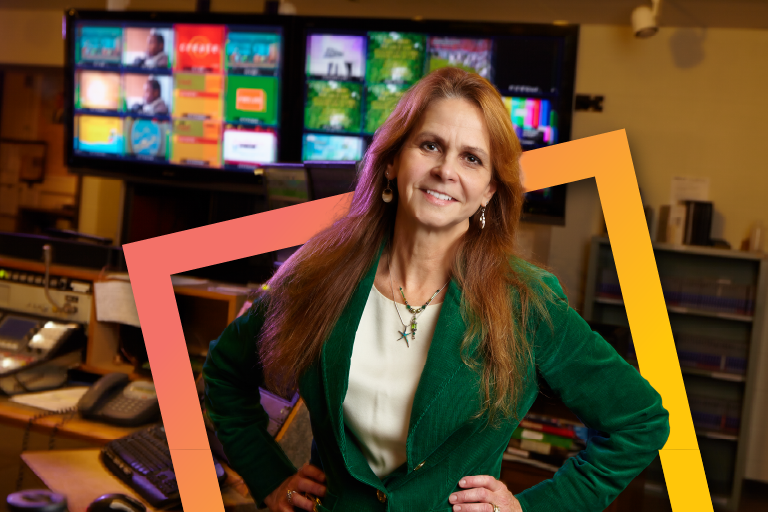Journalism, News, and Information
Our research and learning community recognizes that journalism, news, and information have consequences for how societies function, adapt, and thrive. We have three broad, overlapping goals:
- To describe, understand, and challenge the news and information environment – how do news and information construct and represent social, cultural, and physical realities? What's considered news (and what isn’t)? What might alternative news and information environments look like?
- To understand the institutions, people, and processes that create and shape the news and information environment we have (or don’t have).
- To know how people find and engage (or don’t engage) with news and information and the impact that engagement has on individual and collective well-being, knowledge, and action.
Centers and Labs
The Center for Journalism Studies is committed to making journalism better and the study of journalism better. It works to facilitate its innovation centerpiece, the American Communities Project; support collaborative projects, both within MSU and across the world; collect and curate news and journalism research resources; welcome journalism scholars for collaborative projects.
The Knight Center for Environmental Journalism teaches student and professional journalists how to better report on the world’s most important beat.
The Social Media and Neuroscience Lab researches how the human brain processes socially communicated information.
The American Communities Project uses data and reporting to make sense of the social, cultural, and political changes transforming America at the local level.
Featured Faculty
Faculty
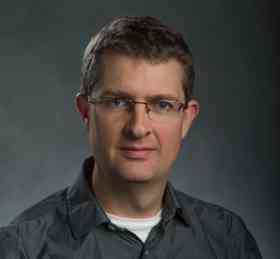
Perry Parks
Associate ProfessorDepartment
JournalismPerry Parks has argued that joy is a news value. He has theorized the role of poetry in journalism. He has advocated for re-centering the humanities in journalism research and practice. In general, Parks' research focuses on how taken-for-granted news norms and values unnecessarily limit how we think of news and what it can do for us.
Contact
Faculty

Manuel Chavez
ProfessorDepartment
JournalismDr. Chavez works on issues of international relations, security, democracy, and the press. He studies models of access to information, accountability and transparency, especially related to the news media in Latin America.
Contact
Faculty
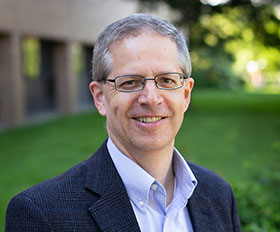
Tim Vos
School of Journalism DirectorDepartment
JournalismTim P. Vos is Professor and Director of the Michigan State University School of Journalism. Vos is an International Communication Association (ICA) Fellow and a past president of the Association for Education in Journalism and Mass Communication (AEJMC).
Faculty

Serena Miller
Associate ProfessorDepartment
JournalismSerena Miller (Ph.D., Michigan State University) is an Associate Professor at Michigan State University, former Methodology Associate Editor for Review of Communication Research, and a former Associate Editor for Journalism Studies.
Contact
Faculty
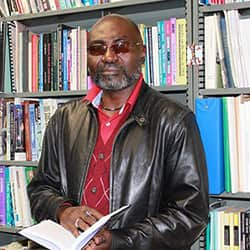
Folu Ogundimu
Associate ProfessorDepartment
JournalismDr. Folu Ogundimu is a professor in the School of Journalism and the College of Communication Arts & Sciences at Michigan State University, East Lansing. At MSU, Dr. Ogundimu teaches courses on international journalism and media globalization, broadcasting, health communication and documentary research in journalism and mass communication.
Contact
Faculty

Bruno Takahashi
Brandt Endowed Professor of Environmental CommunicationDepartment
JournalismBruno Takahashi is a professor of environmental journalism and communication at Michigan State University with a joint appointment in the School of Journalism and AgBioResearch.
Contact
Faculty
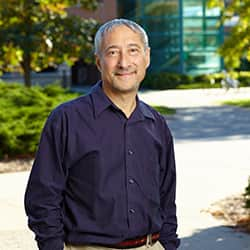
Eric Freedman
Knight Center for Environmental Journalism Chair and ProfessorDepartment
JournalismEric Freedman is Professor of Journalism and former Associate Dean of International Studies and Programs. During his 20-year newspaper career, he covered public affairs, environmental issues and legal affairs for newspapers in New York and Michigan, winning a Pulitzer Prize for coverage of a legislative corruption scandal.
Contact
Faculty
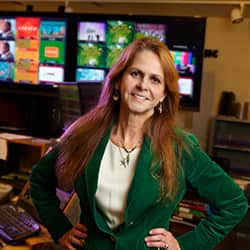
Lucinda Davenport
MSU Institutional Leadership Robert F. Banks AwardDepartment
JournalismDr. Lucinda D. Davenport has been recognized for her leadership, teaching and mentoring, scholarship, and community engagement and service at Michigan State University and nationally. She was also inducted into the state of Michigan Journalism Hall of Fame. She stepped aside as Director of the School of Journalism after 10 years. Before that, she was the Associate Dean for Graduate Studies and Research for the College of Communication Arts and Sciences.
Contact
Faculty
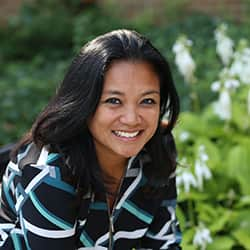
Geri Zeldes
ProfessorDepartment
JournalismGeri Alumit Zeldes, Ph.D., is a tenured professor in MSU’s School of Journalism. Her anthology includes journal articles, documentary films, radio documentaries, book chapters and a comic book - many works recognized by international communication associations such as the National Academy of Television Arts & Sciences and the Broadcast Education Association.
Contact
Faculty
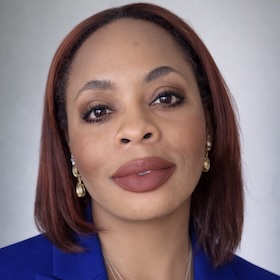
Faculty
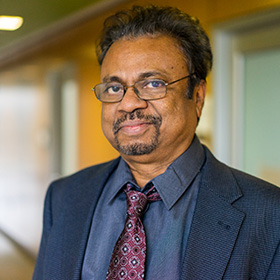
Faculty
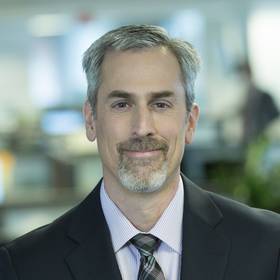
Faculty
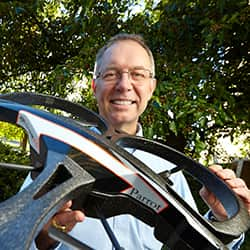
David Poulson
Senior Associate Director, Knight Center for Environmental JournalismDepartment
JournalismDavid Poulson is the senior associate director of Michigan State University’s Knight Center for Environmental journalism. He also directs the translational scholars program at MSU's Global Center for Food Systems Innovations.
Contact
Faculty
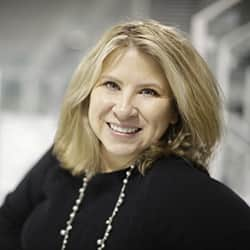
Joanne Gerstner
Brandt Fellow Sports Journalist in ResidenceDepartment
JournalismJoanne C. Gerstner is an award-winning multi-platform sports journalist, concussion researcher/expert, speaker and book author.
Contact
Featured Research
Lucinda Davenport recognized with national McGuffey Award
Michigan State University journalism professor Lucinda D. Davenport, Ph.D., was recognized with the national McGuffey Award by the Textbook and Academic Authors Association for her co-authored Writing & Reporting for the Media textbook, 13th edition (copyright 2023), nominated by Oxford University Press.
Read more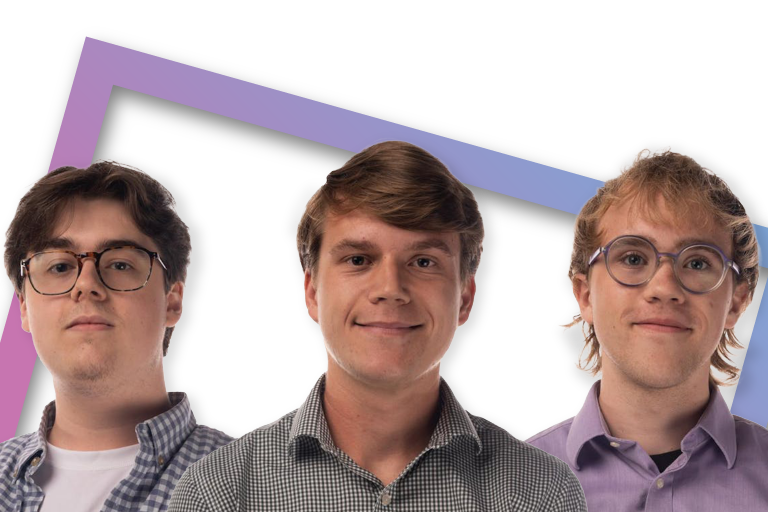
MSU student journalists win national Education Writers Association award for investigative reporting
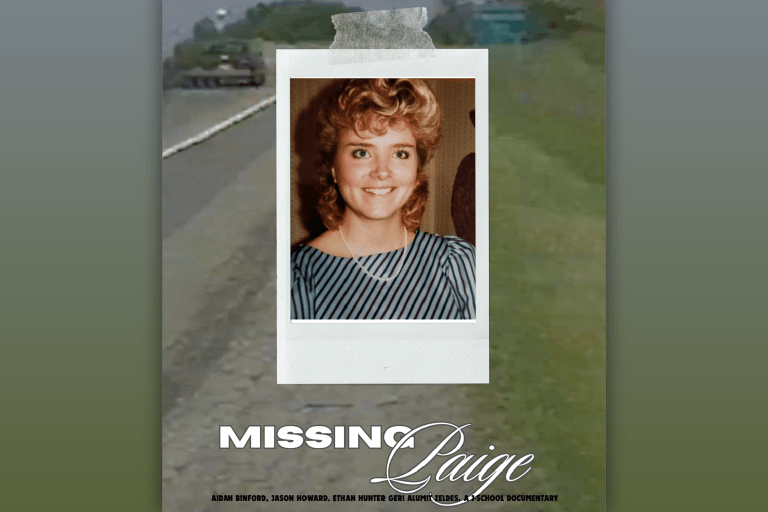
Zeldes wins SPJ Detroit award for missing persons documentary

Exploring cultural memory, race, and representation through the California Raisins at CHARM 2025


